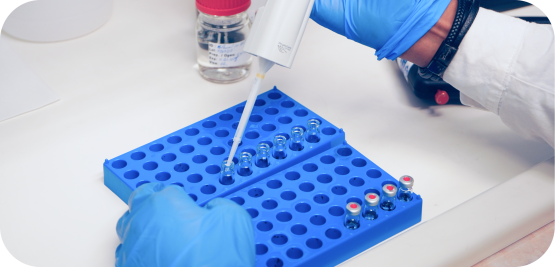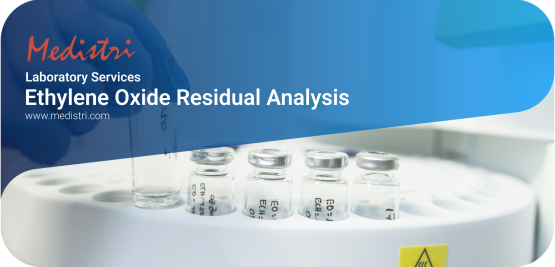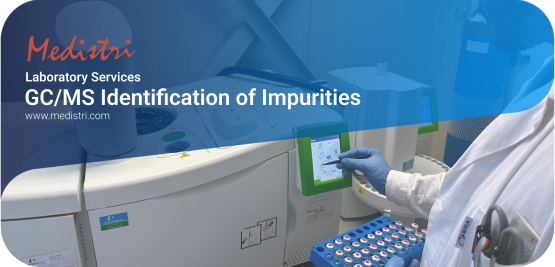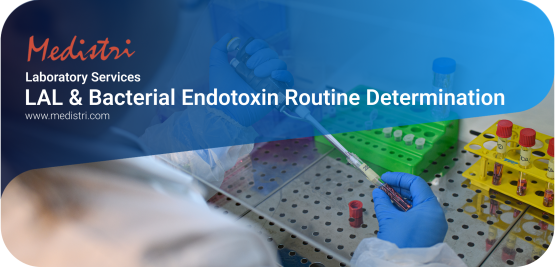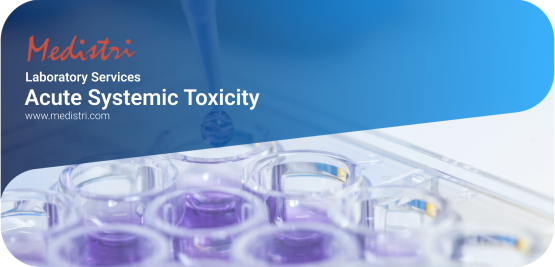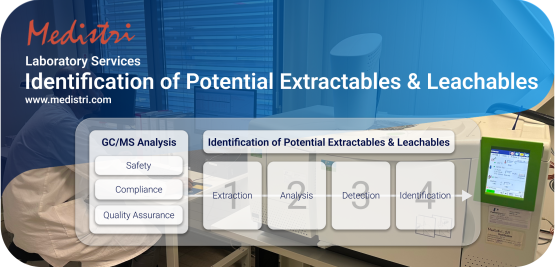Extractables & Leachables Testing in MedTech and Pharma
Medical Device and Pharmaceutical companies must ensure their products are safe for use and compliant with international regulations. Extractables and Leachables (E&L) testing plays a key role in this effort, as outlined in standards such as ISO 10993 and the United States Pharmacopeia (USP). At Medistri, we provide comprehensive E&L analyses to support product development, regulatory submissions, and patient safety.
Enhancing Our Laboratory Services: Medistri’s Expanded SAS Accreditation
We are pleased to announce that Medistri has expanded its scope of services under the Swiss Accreditation Service (SAS). Since its founding in 2006, Medistri has grown into a leading provider of contract sterilization and laboratory services for healthcare companies, becoming a trusted partner for businesses in the pharmaceutical, medical device, and biotechnology sectors.
An Overview of Cytotocixity Analysis
At Medistri, we recognize the critical importance of cytotoxicity testing in the development and approval of medical devices. These tests are not merely regulatory checkboxes but are fundamental to ensure that materials used in medical devices are biocompatible and safe for direct human contact. This blog delves into the sophisticated methodologies we employ and the standards we adhere to, ensuring the highest level of safety and compliance.
Ethylene Oxide Residual Analysis
Ensuring patient safety is paramount when sterilizing medical devices. Among sterilization methods, ethylene oxide (EO) is widely used due to its compatibility with a broad range of materials. However, residuals such as ethylene oxide, ethylene chlorohydrin (ECH), and ethylene glycol (EG) can remain on the devices post-sterilization. These residues must be minimized to prevent harm during product use.
MTT Assay
MTT Assay is a colorimetric assay that measures the metabolic activity of cells as an indicator of their viability. By leveraging the cell's natural enzymatic processes, this assay transforms a yellow tetrazolium salt (MTT) into insoluble purple formazan crystals. These crystals only form in cells with active metabolism, offering a direct correlation between formazan production and the number of living cells.
Subacute Systemic Toxicity
Subacute Systemic Toxicity is a critical aspect of health risk assessment that evaluates the effects of exposure to harmful substances over a period longer than immediate (acute) but shorter than chronic. This type of toxicity is essential in occupational safety, environmental health, and the development of medical and pharmaceutical products, as it helps to identify potential health risks that emerge from prolonged exposure.
GC/MS Identification of Impurities
Gas Chromatography-Mass Spectrometry (GC/MS) is a powerful analytical technique widely used to identify and quantify impurities in various fields such as pharmaceuticals, environmental studies, and food safety. By combining gas chromatography (GC) and mass spectrometry (MS), GC/MS provides detailed and reliable data crucial for ensuring product purity and safety.
LAL & Bacterial Endotoxin Routine Determination
Routine LAL (Limulus Amebocyte Lysate) testing and bacterial endotoxin determination are crucial for maintaining product safety and quality. By consistently performing these tests, companies ensure that their products meet regulatory standards, protect patient health, and uphold their reputation.
Acute Systemic Toxicity
Acute Systemic Toxicity involves the immediate health risks posed by exposure to harmful substances. It's a critical concern in occupational safety and environmental health, emphasizing the importance of rapid intervention and stringent safety measures.
Identification of Potential Extractables & Leachables
The identification of potential extractables and leachables (E&L) using GC/MS (Gas Chromatography/Mass Spectrometry) is a critical process in ensuring the safety and compliance of Pharmaceuticals and Medical Devices that come into contact with humans.

